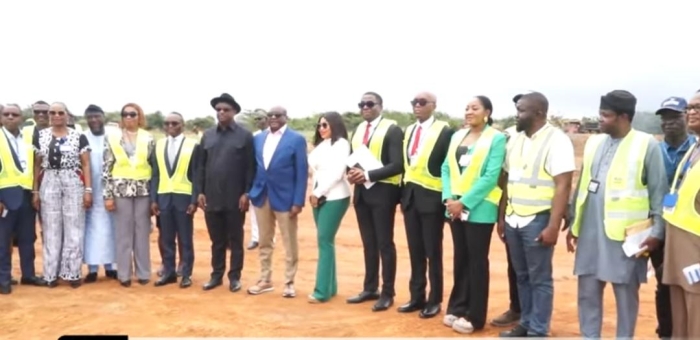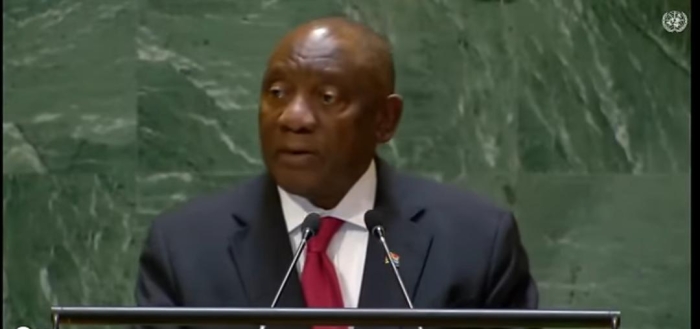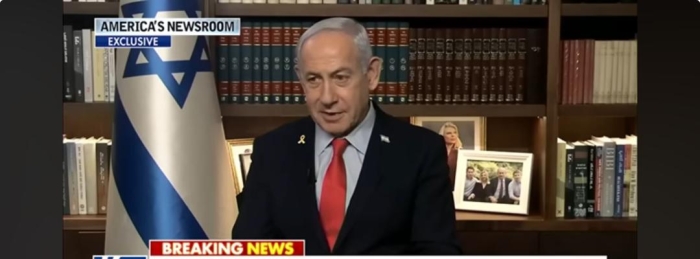On Monday, Justin Trudeau, the prime minister of Canada, announced his resignation. After months of declining polls and internal strife, he declared that he would step down as soon as the ruling Liberal Party selected a new leader. After the party chooses its next leader, I plan to step down as prime minister and party leader," Trudeau, who has held the position since 2015, told reporters in Ottawa. This comes after a lengthy political crisis during which prominent Liberal supporters urged him to resign. The duration of Trudeau's tenure as a caretaker premier was not immediately apparent.
How I became a tarot therapist and Shalom Dogoh spiritualist after my experience with a pastor "A robust, nationwide competitive process" is how he described the Liberal leadership contest. As a result, Trudeau will remain in charge of Canada when Donald Trump, the incoming US president, assumes office this month. Trump will spearhead Canada's initial reaction to the new US government, which may include a trade war.
The Canadian economy might be severely damaged by Trump's promise to levy 25% tariffs on all imports, and Trudeau has threatened to retaliate. Trudeau, aged 53, was not a prominent political figure before assuming control of the Liberal Party in 2013. The fact that his father, Pierre Elliott Trudeau, had served as one of Canada's most well-known prime ministers was perhaps his most notable political characteristic at the time. However, Trudeau's youthful enthusiasm and familiarity with topics that Canadians were becoming more interested in, such as climate change, enabled him to defeat Stephen Harper, a long-serving Conservative prime minister, in the 2015 elections.
Last year, Trudeau's standing inside the Liberal Party started to wane after more than nine years in office. After his former deputy prime minister and finance minister, Chrystia Freeland, abruptly resigned in December, it fell to unprecedented heights. In a bitter resignation letter, Freeland charged that rather than stabilizing Canada's finances in front of Trump's anticipated tariffs, Trudeau was concentrating on political ploys to win over voters, such as a pricey Christmas tax holiday. The opposition Conservatives are leading Trudeau's Liberals in the polls.
He acknowledged on Monday that he wasn't the most qualified person to guide the Liberals into this year's mandatory election. "This nation deserves a genuine choice in the upcoming election, and I've realized that I can't be the best candidate if I'm fighting internal conflicts." Canadian media have suggested Freeland and former Bank of England governor Mark Carney, a Canadian who also managed the Bank of Canada, as potential candidates to lead the Liberal Party.
Many more are anticipated to enter the race. According to Dalhousie University political science professor Lori Turnbull, a Liberal leadership contest typically takes four to six months, but this time "they've got to be quicker than that." Pierre Poilievre, the head of the Conservative party, said he was prepared to face anybody the Liberals nominated. After Trudeau's announcement, he wrote on X, "Every Liberal MP and Leadership contender supported EVERYTHING Trudeau did for 9 years, and now they want to trick voters by swapping in another Liberal face to keep ripping off Canadians for another 4 years."
Late last year, the Conservatives introduced three non-confidence votes in parliament, which Trudeau's administration barely avoided. A pact with the left-wing New Democratic Party had kept his minority government afloat, but in December, the NDP declared that they would vote to remove Trudeau as soon as possible. Trudeau affirmed that the governor-general of Canada had given him the go-ahead to halt all legislative proceedings until March 24. That might limit the opposition's ability to introduce a vote of non-confidence while giving the Liberals more time to select a new leader.













